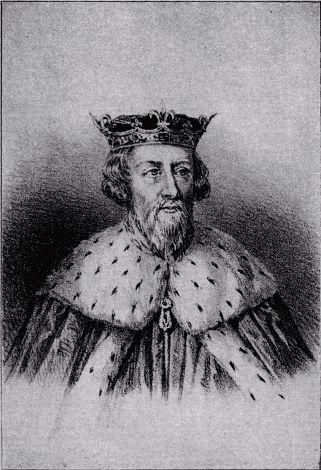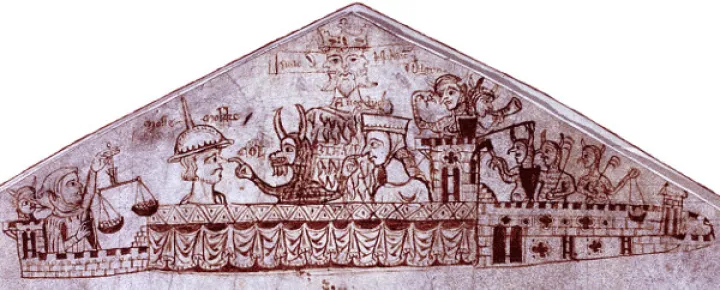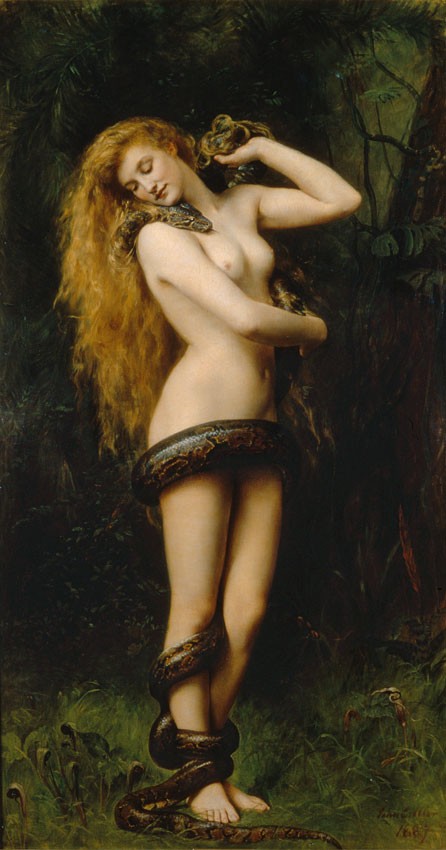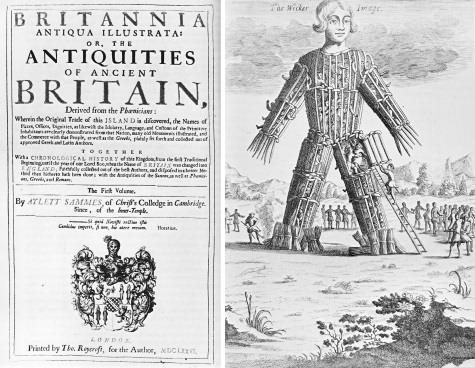Martin Luther in Life and Death, Part 12: The Emperor Strikes Back
Martin Luther in Life and Death, Part 12: The Emperor Strikes Back
In our last presentation of Martin Luther in Life and Death, we saw some of the recorded responses from notable clergymen who were opposed to Luther, notably from Thomas Murner, who expressed the fear that Luther's direction would plunge Germany into a horrible war. This is in spite of the fact that Murner also agreed that the Roman Catholic Church was in need of reform. In one of his writings, Murner had also addressed the new emperor, Charles V, as those of Luther's party had also been doing, and said “The ruling powers... were sunk in indolence: discord and envy reigned among the clergy. But these evils could not be cured by a revolutionary upheaval and by the complete shattering of all existing institutions, which was what the new religious movement must lead to.” With these and other responses to Luther and Hutten and their followers, we see that the writings of the Reformers are not merely academic, but were actually having a great impact on much of the clergy and the common people of Germany, and for many men within the Catholic Church structure Luther truly was a cause of dread.




 What follows below are all of the extant quotes from the Classics concerning the Druids which I [WRF] am aware of. Of course, there may be others. These are interspersed with some of my own notes. [
What follows below are all of the extant quotes from the Classics concerning the Druids which I [WRF] am aware of. Of course, there may be others. These are interspersed with some of my own notes. [



 Please click here for our mailing list sign-up page.
Please click here for our mailing list sign-up page.







